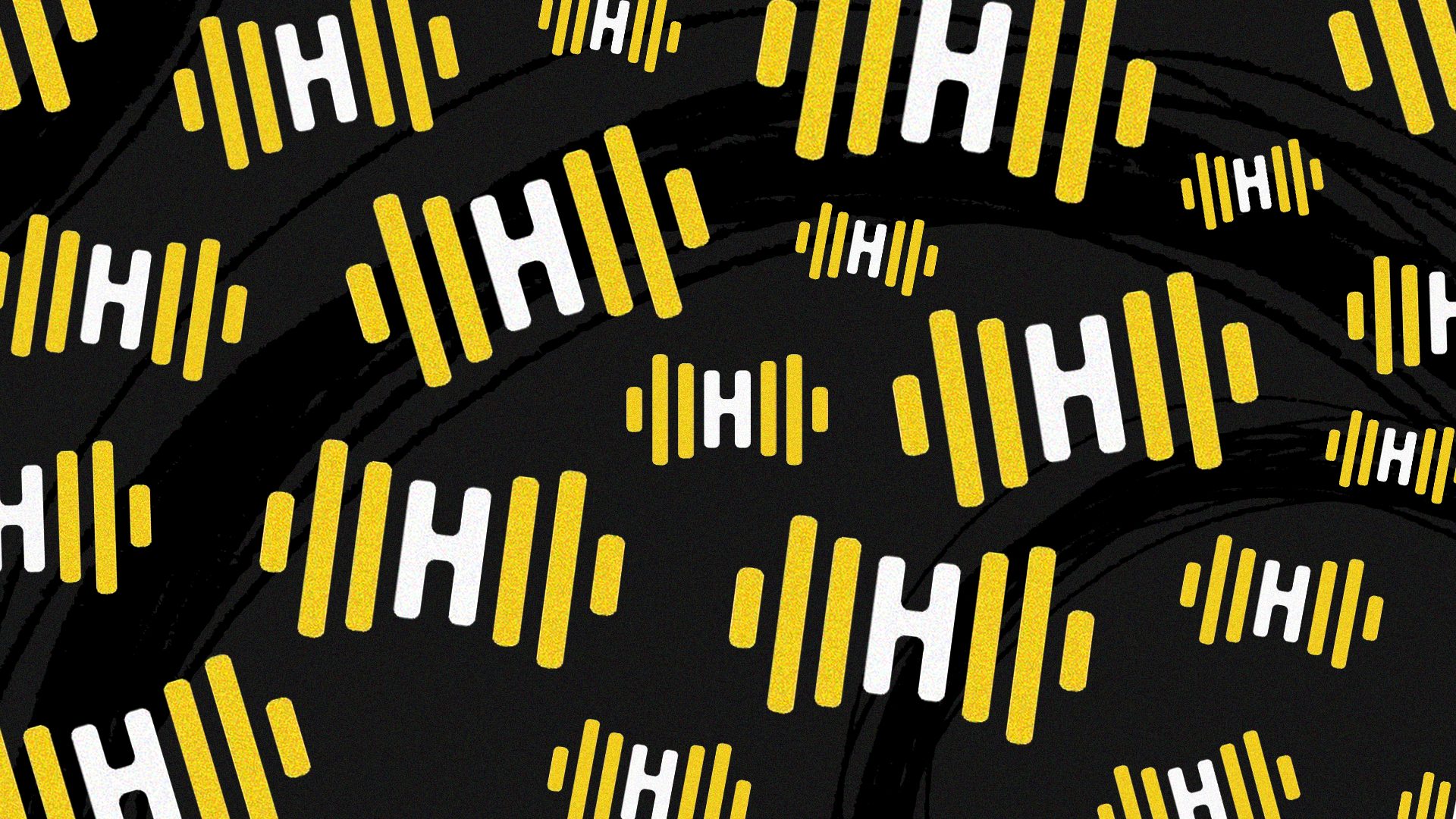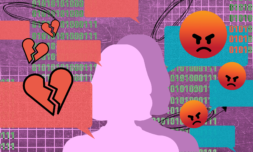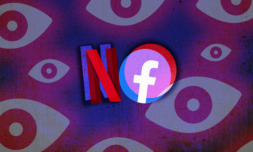A new music-based NFT company called ‘HitPiece’ has emerged online, but it has been accused of widespread theft from both mainstream and indie artists. The situation highlights the unregulated, problematic rise of NFTs.
Anyone who follows creatives on Twitter – musicians, graphic designers, and producers – has likely seen the controversy surrounding HitPiece this week.
Popping up seemingly out of nowhere, HitPiece describes itself as a ‘community’ that offers ‘one of one NFTs of all your favourite songs’. On its official website, it says that members can ‘build a Hitlist of their favourite songs, get on leaderboards, and receive in real life value such as access and experiences with artists’.
Essentially, the service mints songs and artwork – presumably directly from streaming platforms – and then auctions them off to buyers. The main problem is that the company is doing so without permission, stealing artwork from creators and generating income without their knowledge.
At the time of writing, HitPiece’s website no longer seems active – simply showing a message that reads ‘we started the conversation and we’re listening’. Whatever that means currently remains unclear. It also released a statement that wasn’t an apology per say, but rather a defence that promised some kind of ‘evolution’ of its product.
https://twitter.com/joinhitpiece/status/1488715576973283330?s=20&t=XkxOFogIUPU8_LU-EP5ifA
HitPiece’s sudden controversy demonstrates how problematic this new industry is without proper regulations and standards. Theft has been an issue with NFTs almost from the beginning, as creators lose out financially without even knowing and corporations struggle to keep up with fraudulent activity.




















